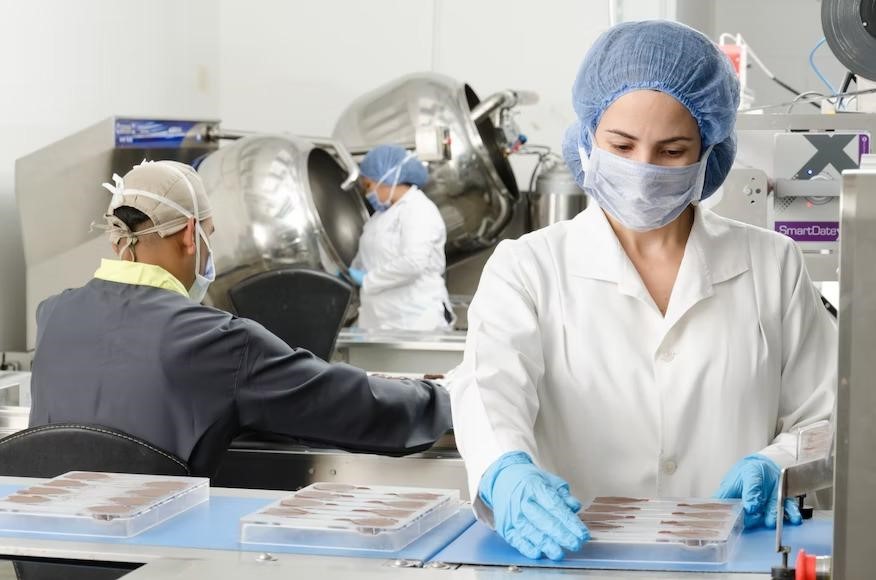Reasons Why Hospital Waste is Harmful to the Community
1/20/2023

Hospitals save people, protect the community, and restore patients’ health. However, they generate wastes that are harmful to the surrounding community. These dangerous wastes include; infectious, sharp, chemical, pathological, pharmaceutical, radioactive, and general wastes.
So, what makes hospital waste harmful to the community? In this article, we will dig deeper into the topic.
1. Health risks
Hospital waste holds possible microorganisms that can be a danger to the hospital staff, patients, and the general public. The risks include; radiation burns, poisoning of pharmaceutical products, sharps-inflicted injuries, and chemical burns.
Also, there can be the spread of microorganisms that are drug resistant to the environment from health facilities. It can lead to pollution and poisoning from wastewater.
2. Sharp object risks
After injecting patients, not all needles and syringes are disposed of properly. It creates an opportunity for the community accessing them to either reuse or risk injury.
In addition, in developing countries, the waste handlers risk getting needle injuries and exposure to infectious waste material. It happens when sorting out hazardous waste from hospitals manually.
3. Environmental impact
During the treatment and disposal of medical waste, pathogens, and toxic pollutants are released into the environment. This poses health risks to the community.
If landfills are poorly constructed, they can contaminate drinking water.
During the incineration of unsuitable materials, pollutants are released into the air. These materials may contain chlorine or high metal content that leads to adverse health effects on society.
Conclusion
There should be adequate training on proper waste management, creating awareness of the health hazards of health waste and the availability of waste management systems. It will ensure the health and life of the community are protected from medical hazardous waste.
